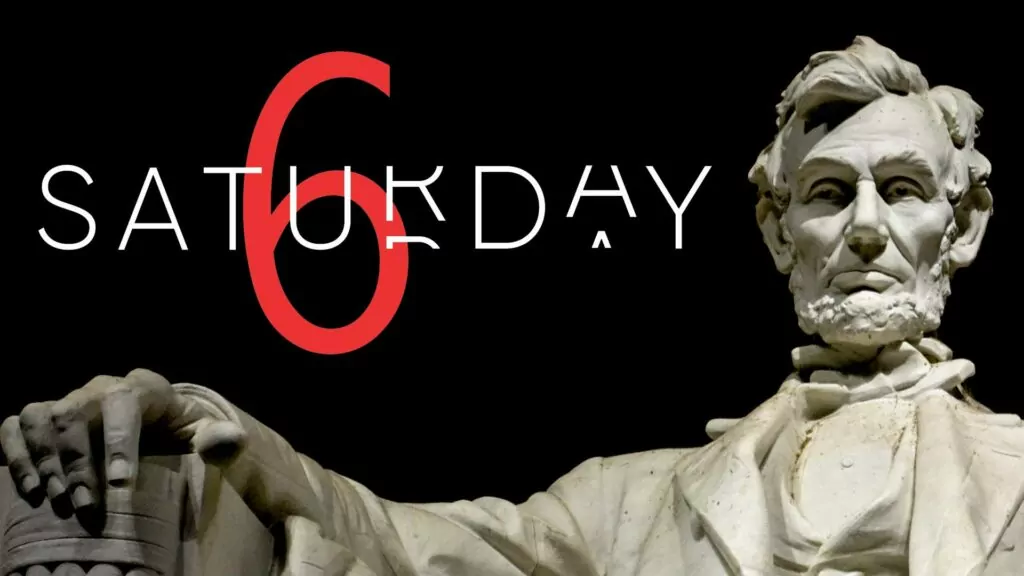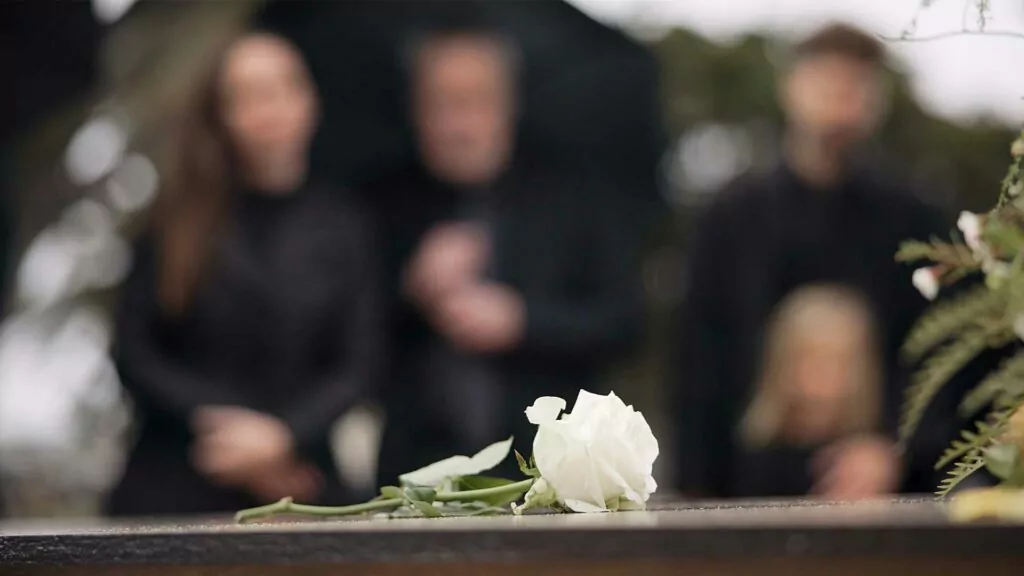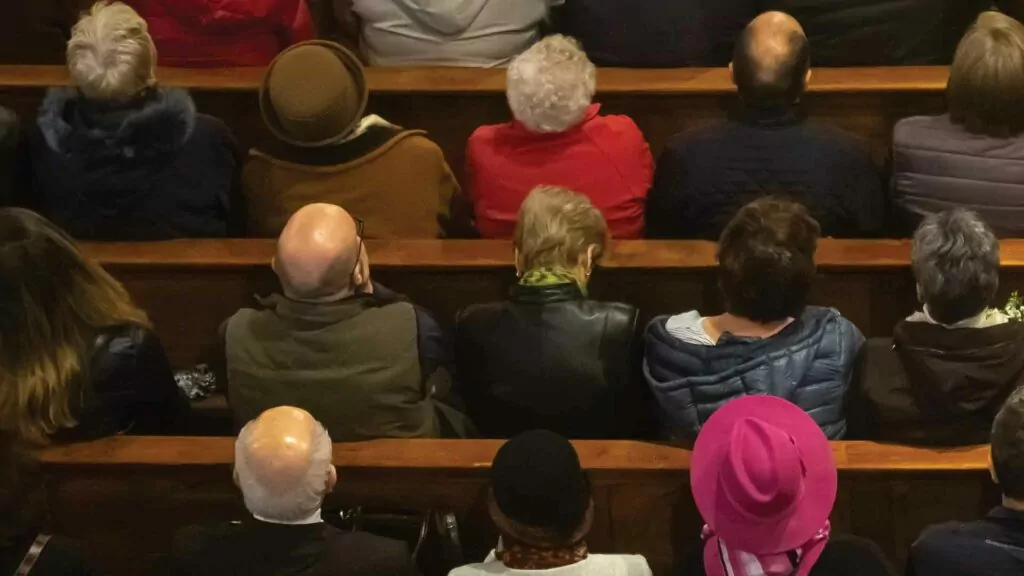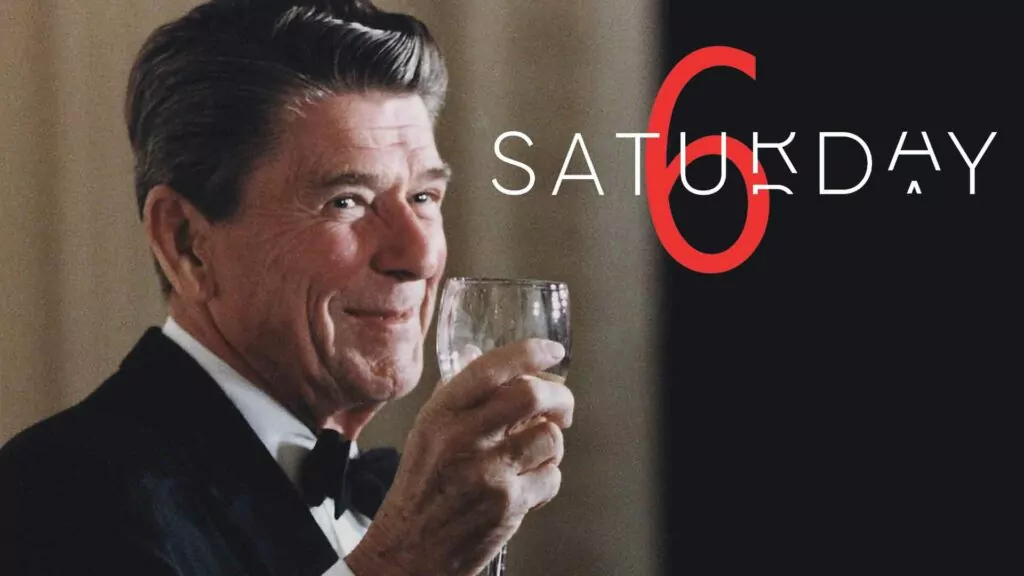Write your own eulogy
Crystalize what’s most important in your life
****
My neighbor wrote my eulogy last week, or what I hope will be at least a part of it. It was her daughter’s birthday, and I had popped over with a present. Neither mother nor daughter was surprised when it turned out to be a couple of books, and that’s what prompted the mom to say: “Jon, when you die, I think everyone at the funeral will have gotten a book from you.”
I’d like that to be true. I do think birthdays and anniversaries are a wonderful excuse to pass along a good book, and while I haven’t reached near everyone yet, the Lord willing, I do still have time. So, yes, “book giver” is something I’d love to have included in my eulogy.
What would you like included in yours?
Eulogies are most often written for us by our family after we have passed on, but some years back Dr. Gary North challenged his readers to write their own eulogies. He first wanted them to write up a good resume to detail what they’d already done, and then they were supposed to write their eulogy to lay out what they intended to do. After both were complete, North challenged his readers to focus in on the differences.
“How well does your résumé match what you would like said in your eulogy? If there is a big discrepancy, work on both…. There should be more to your life than your résumé. If there isn't, start working on improving your eulogy. Then work backward.”
This talk of dying is all about bringing focus to how we can live out our purpose. God created us to glorify Him, and to best do that we need follow just two commands: to first love God with all our heart, soul, and mind, and second, to love our neighbor as ourself (Matt. 22:37-39). So writing a eulogy is really just casting our eyes to the future to see how we might go about loving God and Man.
Write it when you’re young
While North’s proposal was an exercise aimed at everyone, there’s distinct benefits for young and old. Young people writing eulogies? Yes, because there’s benefit in asking, “How would I like to be remembered?” sooner rather than later. The earlier we get to it, the more time we’ll have to live out whatever goals we set.
Like to be remembered as a generous donor to missions and Christian schooling? That might be achievable if you start charting this course in your teens. Would you love to be known as a nurturing parent? Best to write that down long before your kids move out. Want to be called a doting grandmother to dozens? It’s more realistic if you’re busy having, and loving, your own large family now.
It’s a different twist on goal-setting, because eulogies don’t focus on our typical aspirations. A big house is nice, but have you ever heard that mentioned at a funeral? We’d all love to be able to explore the globe, but who’d want to be known simply as a world traveler at the end of their life? What priority do you want to give to your job? There are all sorts of careers that’d be worth a mention as your son or daughter sums up your time on earth, but only so long as they were a means of serving God, and hadn’t become a god to you. That’s how writing a eulogy early can show you what sort of goals are worth setting.
Typing it out when you’re young is also a reminder to not put off what you can do today, since none of us have a promise of tomorrow. In his book Seasons of Sorrow, Reformed pastor and author Tim Challies wrote about his son Nicholas’s sudden death. The young man was just 20 when he died, and at the time was attending seminary and engaged to be married. While those plans were cut short, his father could take comfort in being able to write in his obituary:
“ eventually became convinced that Jesus Christ is the Savior of the world, and that he ought to be a follower of Jesus.… All who share his faith commend him for running his short race well and anticipate the day when they will see him again.”
Worth doing when you’re old
There’s a different value in writing your eulogy when you’re older. It may be less about setting major new goals – limits on time and strength don’t allow a man in his sixties to take on studying to be a doctor, or starting a pig farm. But new ventures are still possible since retirement may bring time to do activities that just weren’t possible before. I know a man who took up painting and got quite good at it, leaving works that adorn the walls of family and friends. When infirmity took that away he turned to crafting poetry, glorifying his Maker in an entirely new way.
But in these later years one benefit to writing a eulogy comes in the clarity it brings to revisions that should and could be made. A young man can fool himself into thinking he has all the time in the world to make amends. But once there’s no denying death’s approach, we can’t miss the need to make the most of the short time we might still have. It’s only fiction, but in Where the Blue Sky Begins, a terminal cancer diagnosis is what gives the main character her clear mission – she’s put it off for years but she’s sure God wants her to ask forgiveness of seven people she’s wronged.
The very reason we might not want to write our eulogy at this age – all the regrets we don’t want to think about – is a big reason to do it. Sin has stained all our stories and what we’ve done can’t be undone. But it can be forgiven. Ships may have sailed, but course corrections are always possible because our God is merciful. Just think of the thief on the cross. We don’t know how old he was, but we know he had no strength and no time to offer – stuck as he was, he couldn’t do anything other than profess Jesus as righteous. But that was quite the plot twist, and whatever his story’s beginnings, he had such a spectacularly God-glorifying final chapter it was included in the Bible (Luke 23:39-43). Not all revisions are going to be this dramatic, but we all have sins we can flee from. Think of common examples: a stern mother can’t get back those early years, but she may now have time to craft a different entry as a grandma. Maybe you spent too much time watching hockey, or obsessing about the royals, or reading trashy fiction? Whatever our sins, so long as breath remains, we can repent. And then possibilities will exist still to glorify our Maker.
For many a faithful saint these final chapters can also be about etching deeper what’s already been put down. My parents have gotten to a stage where getting out of bed has become an accomplishment, but they continue doing what they’ve always done, showing what a great marriage and sacrificial love looks like. It comes out in small ways, maybe bringing another cup of coffee, or holding hands during Jessica Fletcher but it’s more of what’s been going on for half a century now. It was also quite something to see my wife’s grandmother holding forth on her deathbed, still loving on the people gathered around her, more concerned about how they were doing than the pain she was feeling. And knowing she had just hours and not weeks, she took the opportunity to share some pointed advice because it was clear she had no time but the present.
When years and maybe decades may still remain, polishing can be done. A good young elder can continue on as an older elder. Retired businessmen can burnish their legacy by mentoring younger entrepreneurs. Paul tells us that older men and women are to teach the younger generation (Titus 2), and Asaph tells us to share with our children what God has done in our own lives (Ps. 78). So long as breath remains, opportunities to honor God continue. Writing a eulogy in our later years can be about adding on an exclamation mark to what we already have down.
Conclusion
When I first started writing this article, I intended to share my own eulogy as an example. But if this exercise is going to be as brutally honest as it is meant to be, the results aren’t really for public consumption.
I will share a couple of broader lessons learned. Like every Christian parent, I want to make it easy for my kids to say about me – to know about me – “He loved his Lord.” And I want my neighbors to know it too. There’s that old joke that goes, “if the government ever brought up charges against you for being a Christian would there be enough evidence to convict you?” Would your neighbors be able to join in on the prosecution side? Maybe like you, I have some work to do here.
I’ve also realized, at least at this point of my life, I can most glorify God by being a patient father. There’s all sorts of other things I can work on too, and goals I should follow through on (like a book I’ve yet to start). But right now, every day again – almost moment by moment – I have repeated opportunities to help or to hurt the mood of my household. I can do so either as a harried, slightly grumpy, justice- more than mercy-minded, busy dad, or as a happier, calmer, more patient parent who better reflects his Father in Heaven. This second option is easy enough to write down, but if it’s going to be a goal and not simply a wish, steps need to be taken, and what will that look like? This eulogy-writing is only useful if it leads to concrete actions. So if I’m grumpy because I’m too busy, then I need to either take less on, or take steps to be better at organization. I know I’m a better saint when I’m well rested, so bed time needs to become a priority. If I really want to be remembered as a patient dad, what am I going to do about it, and what am I willing to give up to achieve this goal?
That’s what I’ve learned, but now how about you? What are your friends and family going to say about you when you’re gone?
And what can you do about it still now?...































